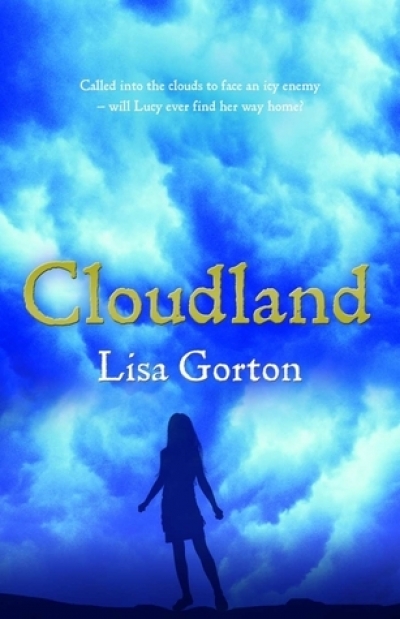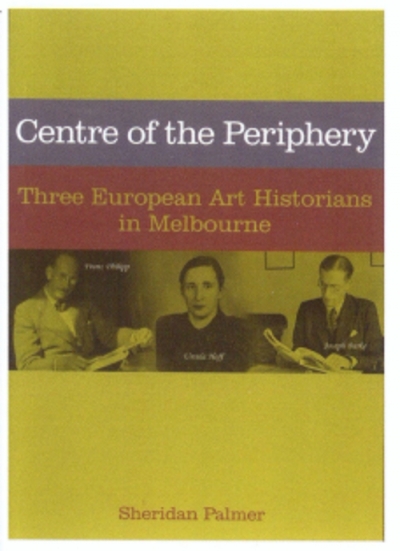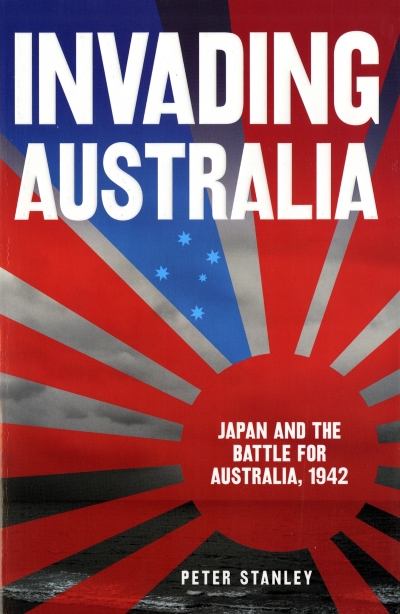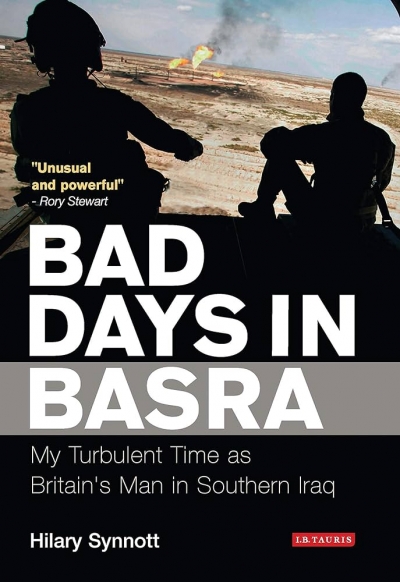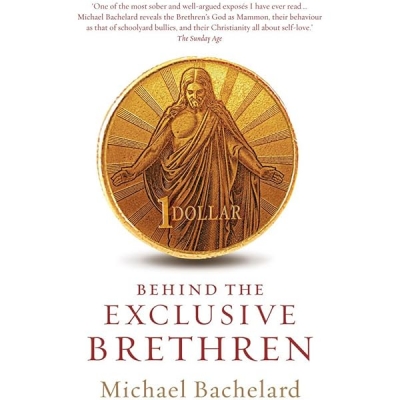Archive
Nine years ago Oxford University Press (UK) abandoned its vaunted poetry series, the Oxford Poets. This was a bitter business, much criticised around the world. Among the featured poets were Basil Bunting, Fleur Adcock, D.J. Enright and Gwen Harwood. Much of Peter Porter’s poetry appeared in the series, including his Collected Poems (1999), published just before the controversial sell-off. Some of the original poets, and collections, now appear in Oxford-Poets, an imprint of Carcanet Press. These include Joseph Brodsky’s Collected Poems in English and Elaine Feinstein’s great edition of Marina Tsvetaeva’s Selected Poems. Chris Wallace-Crabbe’s new collection, Telling a Hawk from a Handsaw, appears in Oxford Poets. Readers will recognise several poems which first appeared in ABR. Peter Porter is quoted on the back cover: ‘[Chris Wallace-Crabbe’s] allies are words and he uses them with the care of a surgeon and the flair of a conjuror.’
... (read more)Centre of the Periphery: Three European art historians in Melbourne by Sheridan Palmer
Invading Australia: Japan and the battle for Australia, 1942 by Peter Stanley
Setting the record straight
... (read more)Dear Editor,
I have to write in support of your reviewer, Nicholas Brown, in expressing reservations about the speculative nature of much of the material in Susanna de Vries’s Desert Queen: The Many Lives and Loves of Daisy Bates (April 2008). I judge only by her treatment of Ernestine Hill (whom I knew very well as my mother’s cousin, and for whom I am literary executor). Since some people are proposing a biography of Ernestine, it is most important to set the record straight.
There was never any parallel between Ernestine’s pregnancy and that of the typical ‘girls’ of that period. An abortion was never even considered. She was delighted with her pregnancy and recorded that the birth of her son, Robert, was the ‘happiest day of my life’.
Bad Days in Basra: My turbulent times as Britain’s man in southern Iraq by Hilary Synnott
Too many of my friends are dead, and others wrecked
By various diseases of the intellect
Or failing body. How am I still upright?
And even I sleep half the day, cough half the night.

